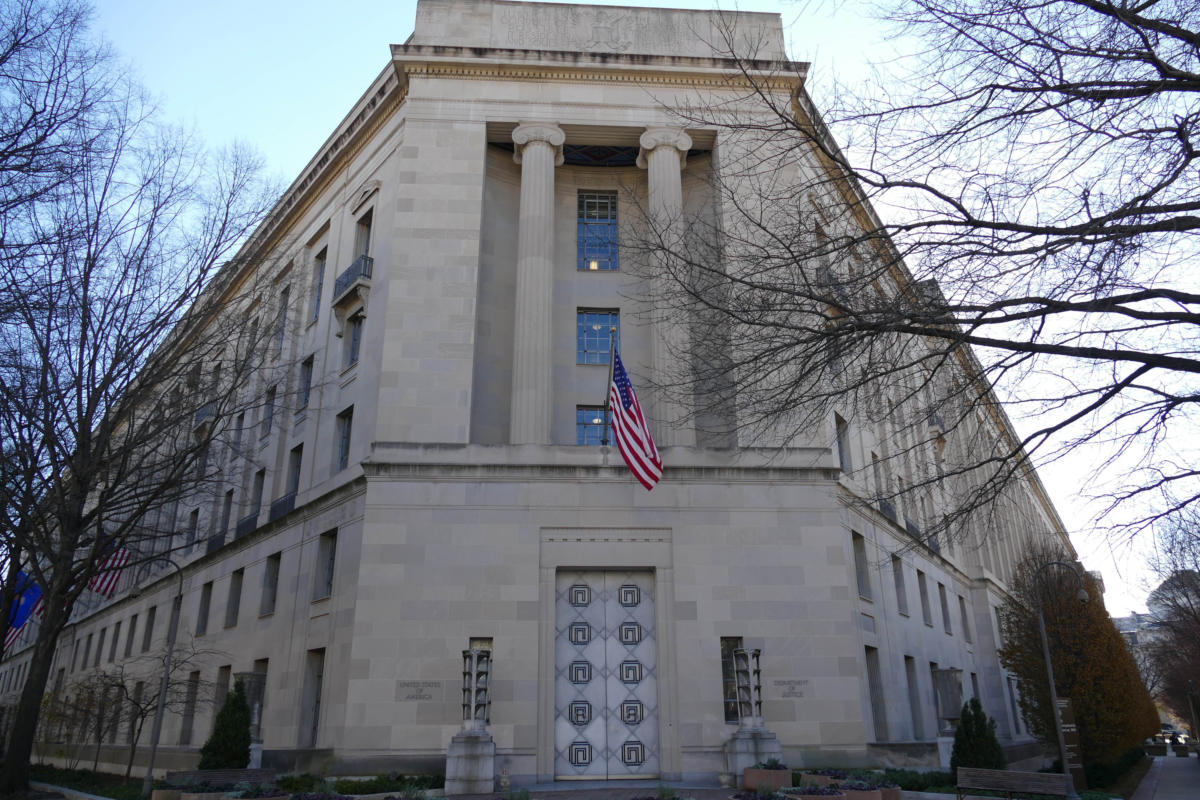The US Department of Justice (DOJ) and 16 state Attorneys General have filed a sweeping antitrust lawsuit against Apple and its business practices involving the iPhone. The 88-page lawsuit was announced during a news conference in Washington, D.C. today, drawing quick fire from Apple, which said it “threatens who we are.” The company vowed to “vigorously defend’ itself against the DOJ. Following several years of investigation, the suit cites numerous internal Apple emails, makes numerous arguments about what the company is doing wrong, and demands that Apple’s anti-competitive business practices “must stop.”
It’s the latest big anti-big tech antitrust case to come out of the Biden administration.
Apple is accused of multiple violations of the Sherman Act and of holding back innovation through a range of what the department sees as abusive business practices. It also claims consumers are paying more for smartphones, and for digital goods and services, than they would be doing in the absence of Apple’s alleged monopolistic behavior.
Many of the arguments made in the case echo those that have emerged in other parts of the world, particularly Europe and the DMA. This lawsuit goes much deeper, though, and challenges core elements of the iPhone ecosystem. The complaint goes even further, alleging that Apple’s conduct extends beyond these examples, affecting web browsers, video communication, news subscriptions, entertainment, automotive services, advertising, location services, and more.
“For years, Apple responded to competitive threats by imposing a series of ‘Whack-A-Mole’ contractual rules and restrictions that have allowed Apple to extract higher prices from consumers, impose higher fees on developers and creators, and to throttle competitive alternatives from rival technologies,” DOJ Antitrust Division Chief Jonathan Kanter said in a statement.
“Consumers should not have to pay higher prices because companies violate the antitrust laws,” said Attorney General Merrick B. Garland. “We allege that Apple has maintained monopoly power in the smartphone market, not simply by staying ahead of the competition on the merits, but by violating federal antitrust law. If left unchallenged, Apple will only continue to strengthen its smartphone monopoly. The Justice…
2024-03-24 07:00:03
Source from www.computerworld.com




















